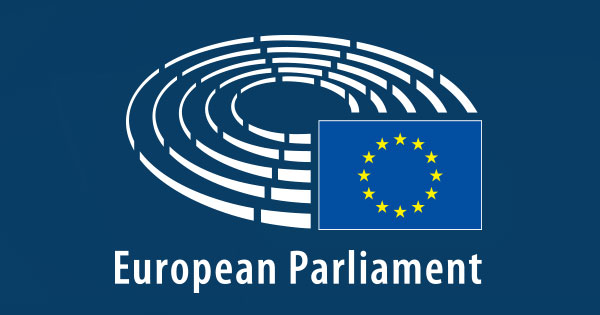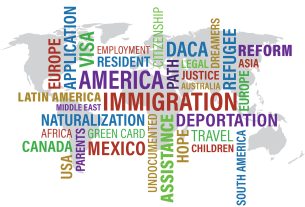The new regulation will target content such as texts, images, sound recordings or videos, including live transmissions, that incite, solicit or contribute to terrorist offences, provide instructions for such offences or solicit people to participate in a terrorist group. In line with the definitions of offences included in the Directive on combating terrorism, it will also cover material that provides guidance on how to make and use explosives, firearms and other weapons for terrorist purposes.
Terrorist content must be removed within one hour
Hosting service providers will have to remove or disable access to flagged terrorist content in all member states within one hour of receiving a removal order from the competent authority. Member states will adopt rules on penalties, the degree of which will take into account the nature of the breach and the size of company responsible.
Protection of educational, artistic, research and journalistic material
Content uploaded for educational, journalistic, artistic or research purposes, or used for awareness-raising purposes, will not be considered terrorist content under these new rules.
No general obligation to monitor or filter content
Internet platforms will not have a general obligation to monitor or filter content. However, when competent national authorities have established a hosting service provider is exposed to terrorist content, the company will have to take specific measures to prevent its propagation. It will then be up to the service provider to decide what specific measures to take to prevent this from happening, and there will be no obligation to use automated tools. Companies should publish annual transparency reports on what action they have taken to stop the dissemination of terrorist content.
Quote
The rapporteur Patryk JAKI (ECR, PL) said: “Terrorists recruit, share propaganda and coordinate attacks on the internet. Today we have established effective mechanisms allowing member states to remove terrorist content within a maximum of one hour all around the European Union. I strongly believe that what we achieved is a good outcome, which balances security and freedom of speech and expression on the internet, protects legal content and access to information for every citizen in the EU, while fighting terrorism through cooperation and trust between states.”
Next steps
The Regulation will enter into force on the twentieth day following publication in the Official Journal. It will start applying 12 months after its entry into force.



